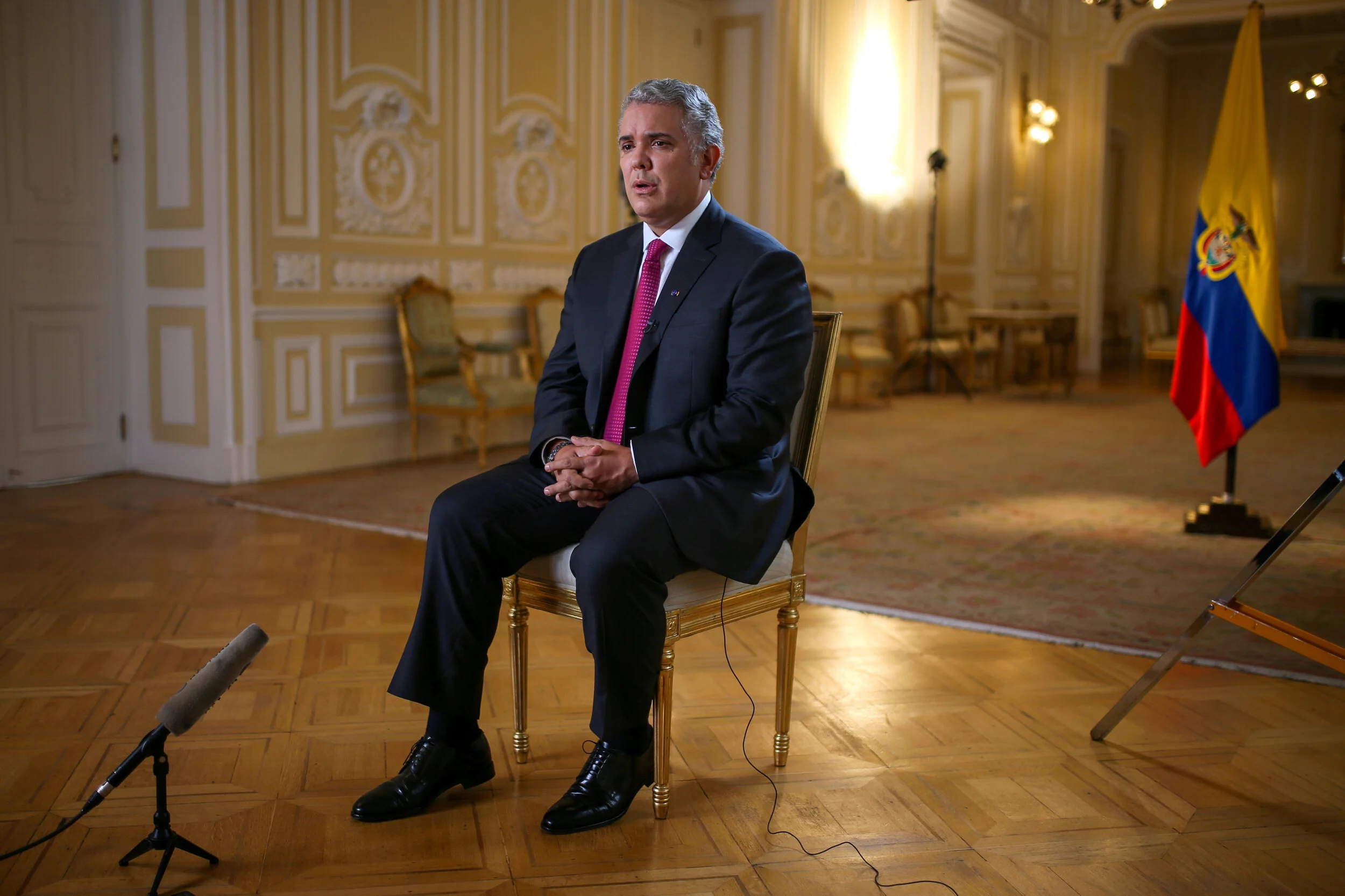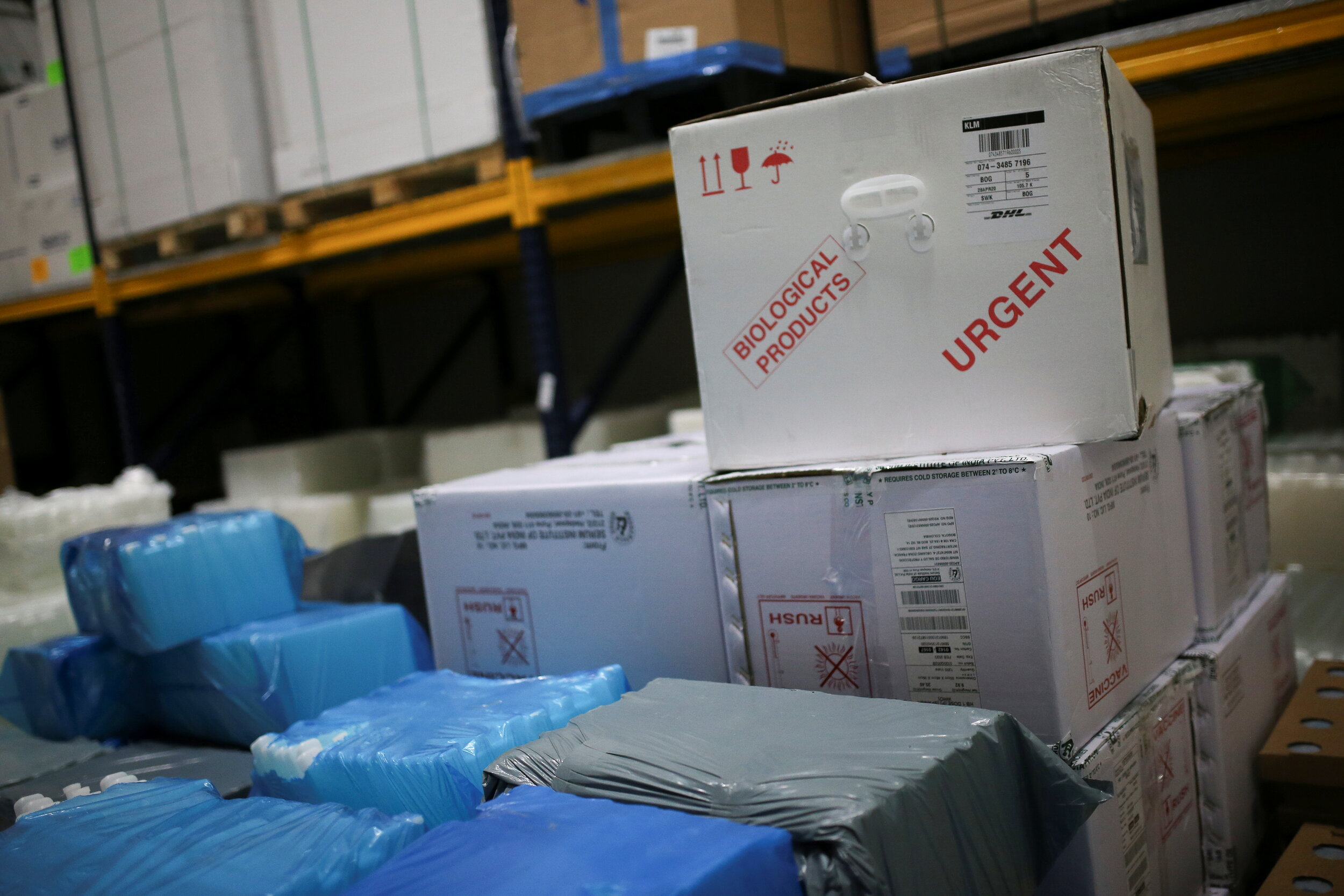Colombia's cemeteries may hold answers for families of disappeared
Luisa Gonzalez/Reuters
When her 17-year-old son Jose Andres was kidnapped by paramilitaries at the height of Colombia's civil conflict, Gloria Ines Urueña vowed she would not leave the sweltering riverside town of La Dorada until she found him.
She has been true to her word for more than two decades - searching for her son's body despite threats from the group that killed him.
An estimated 120,000 people have gone missing during Colombia's nearly 60 years of conflict. A 2016 peace deal between the government and the Marxist FARC rebels brought some respite, but another left-wing insurgency and armed criminal gangs - many descended from right-wing paramilitaries - persist.
Now a national plan to identify victims buried anonymously in cemeteries has renewed the hope Urueña and thousands like her hold of finding their loved ones' remains.
The Search Unit for Disappeared People, founded under the 2016 deal to fulfill one of its key promises, is investigating cemeteries across Colombia, hoping to untangle years of chaotic record-keeping and neglect, identify remains, and return them to families.
Luisa Gonzalez/Reuters
"Back then, I spent a month looking near the river, near the dump, farms, all that, and I was alone," said Urueña, as a forensic team examined human remains at La Dorada's cemetery.
"I've always said I don't just want to find my son: I want to find all of the disappeared."
Read the rest here.




